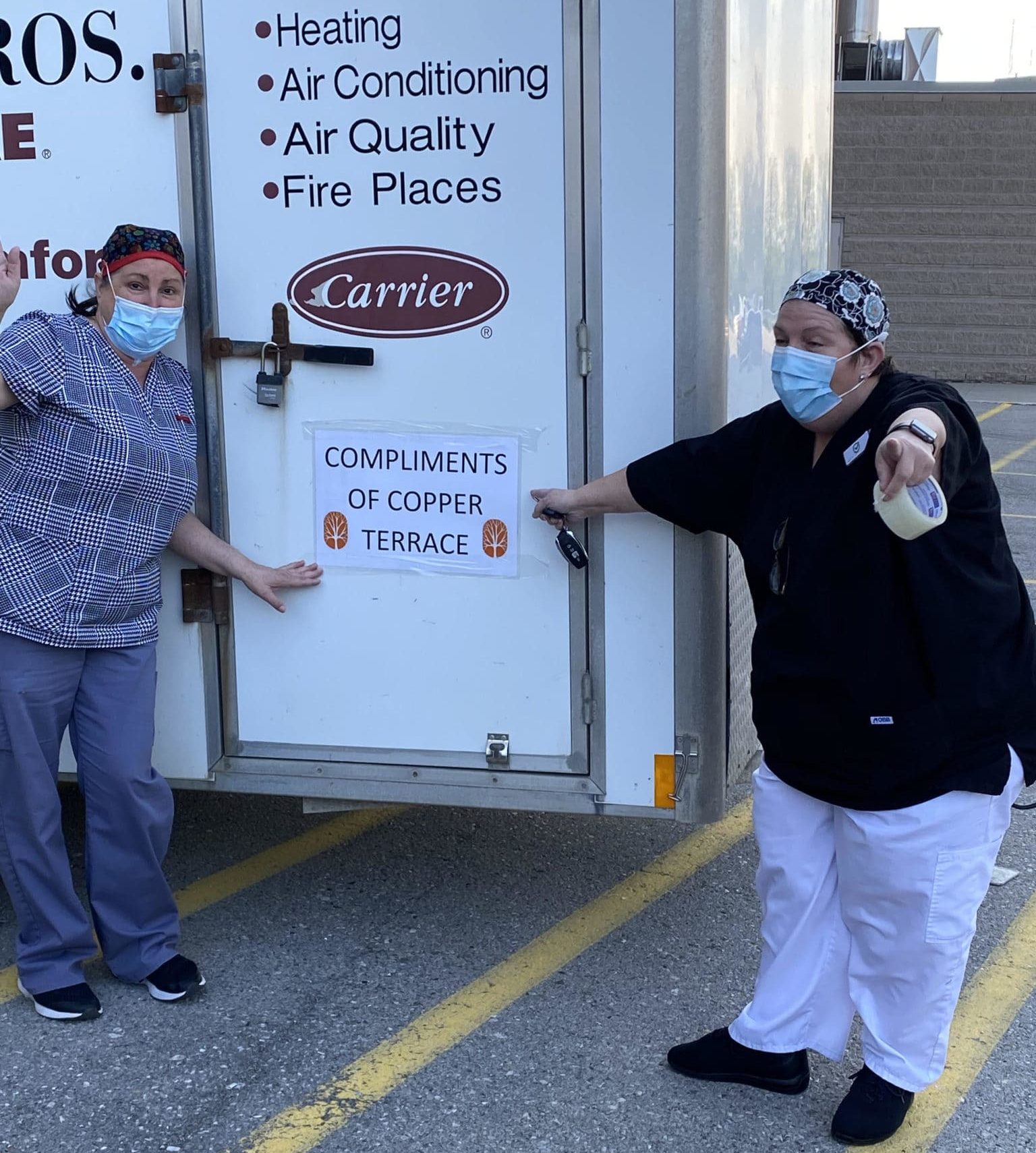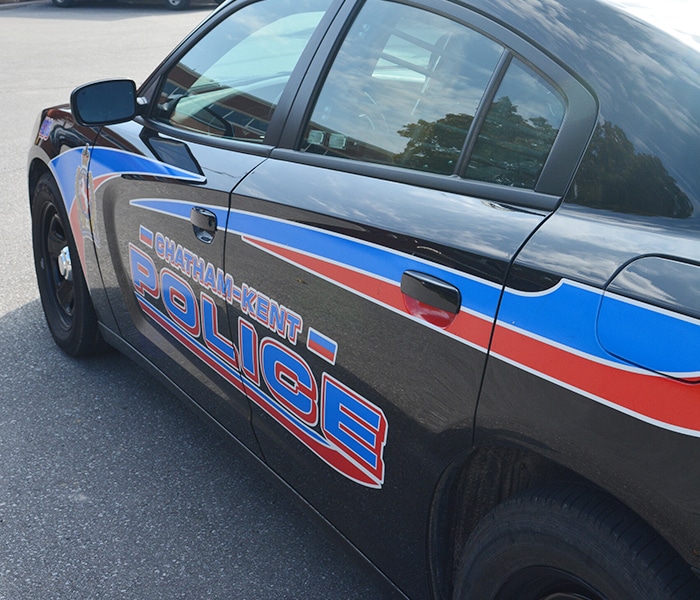I just got back from my annual visit with the good folks at Vitalaire in Chatham for my annual visit/purchase.
I can’t say enough good things about the people there, and my CPAP machine.
A CPAP machine is what is used to treat sleep apnea — an illness where a person stops breathing while they sleep. CPAP stands for continuous, positive airway pressure. The machine gently pumps air through a mask so its user will not stop breathing.
I’ve had my CPAP machine for more than three years now, and while it took a little getting used to at first, it is a life changer.
Flashback to 2009, where my doctor was warning me my blood pressure was creeping up near the threshold where I would need medication to keep it in check. She asked me a slew of questions, and one was on whether I snored, and if so, to what degree. Thinking back to my wife’s comments, I told her that I did saw logs at night and apparently my snoring was loud enough to sometimes send my wife off to sleep in the spare bed.
Next thing I know, I’m at a sleep disorder clinic in Leamington, where a technician hooked me up to dozens of wires, which registered how often I stopped breathing, how badly I snored, how well I slept, etc., etc.
If I recall correctly, I stopped breathing about 17 times an hour on average. If that sounds like a big number, I actually know guys who were much worse.
Since I got the CPAP machine, my quality of sleep skyrocketed, while my blood pressure dropped. I can thrive on 6.5 hours of sleep a night and awaken refreshed. In the past, I’d get eight hours of slumber and have to drag myself out of bed.
If you know someone who snores horribly and/or stops breathing while he/she sleeps, I would strongly suggest you nudge them towards a visit with their doctor to discuss a possible referral to a sleep disorder clinic. It could save their life.
Think about it: when you stop breathing, your body is soon starved for oxygen, and your heart works harder to beef up circulation to move around what oxygen that is in your blood to the areas that are calling for it.
And then you gasp for air, disturbing your sleep cycle.
For me, that happened 17 times an hour. Not good. And I’m not alone. In fact, when I wrote a column about it in 2009, I had folks I’d known for years come up and tell me they had a machine. I had one man contact me to thank me for the detailed and lighthearted view of the sleep clinic. My writing destroyed his fear of the unknown, and he’d already contacted his doctor.
I’m an overweight 48-year-old guy who doesn’t get as much exercise as he used to. I count myself fortunate I’m not on blood-pressure medication. I haven’t snored in bed for three years now (although when I fall asleep in a chair watching TV, I have been known to wake my wife from a sound sleep, even though she’s all the way down the hall in bed).
As for the machine, I won’t say it’s whisper quiet, but it’s not even as loud as a fan on its lowest setting.
The mask does take some getting used to, but when you deal with respiratory specialists at places such as Vitalaire, they will help you choose the mask that’s best for you.
And if you have kids, there’s an added bonus. Until you get used to the machine, every time you open your mouth, the air being blown in your nose, goes straight out your pie hole. Speaking is downright comical, as you literally breathe every syllable.







Good column Bruce. Important for people to know.
Thanks, Dave. I was surprised how effective the thing is for me.